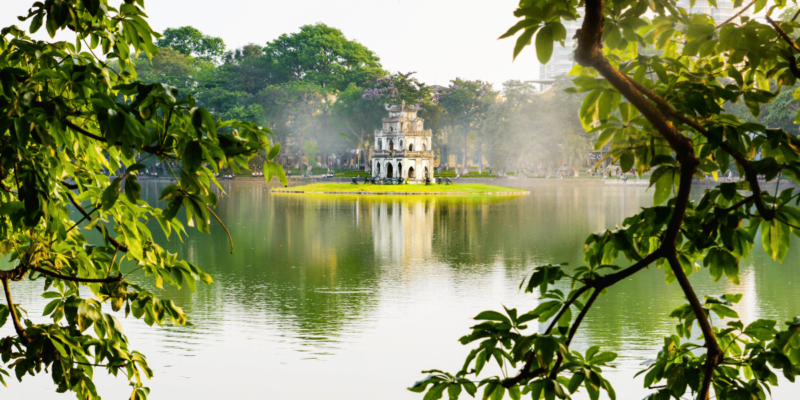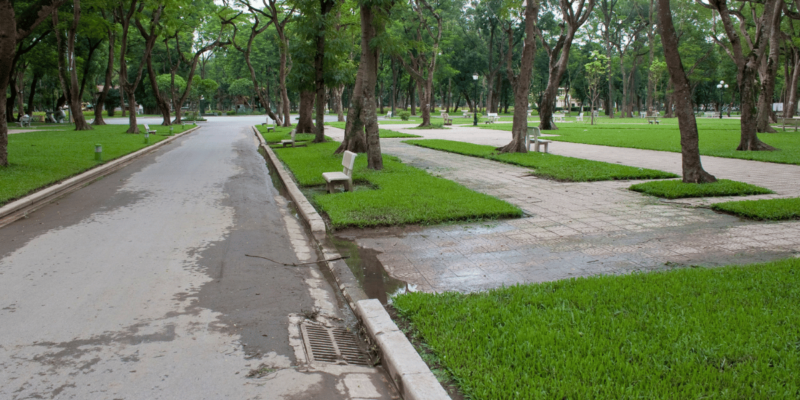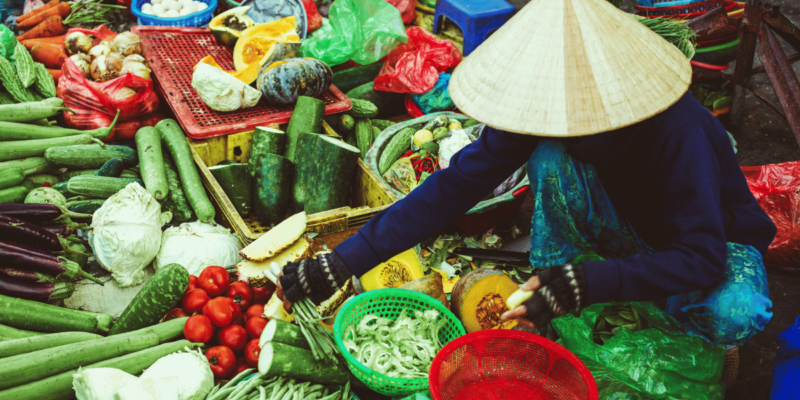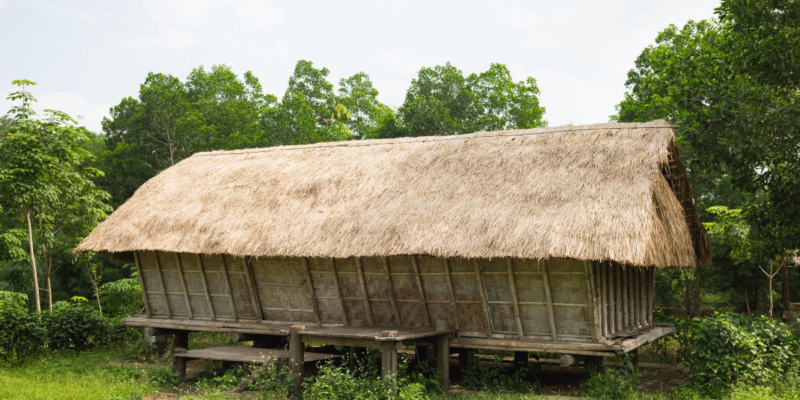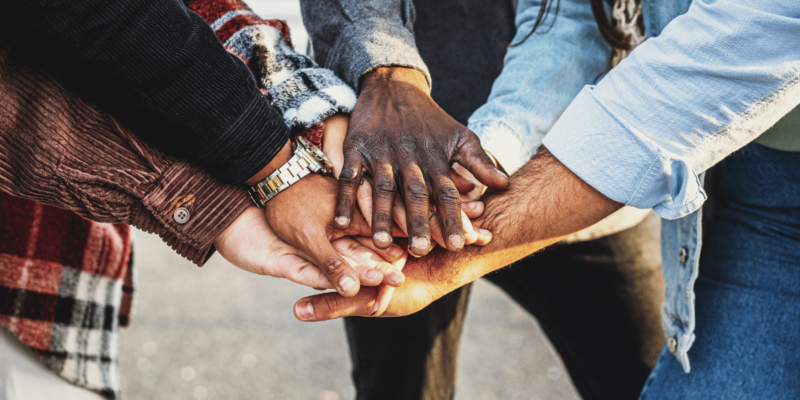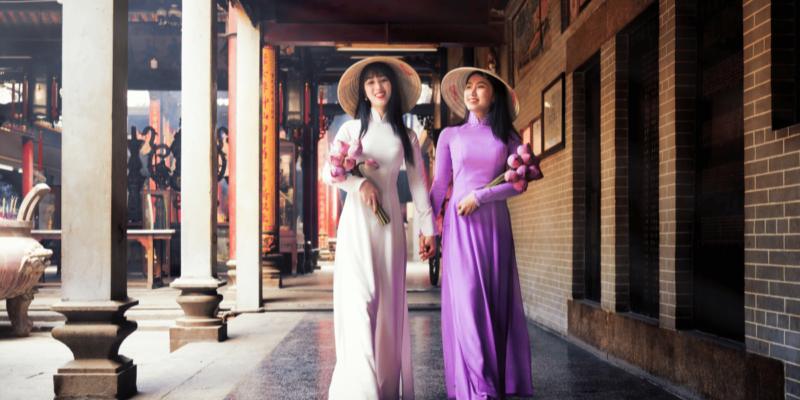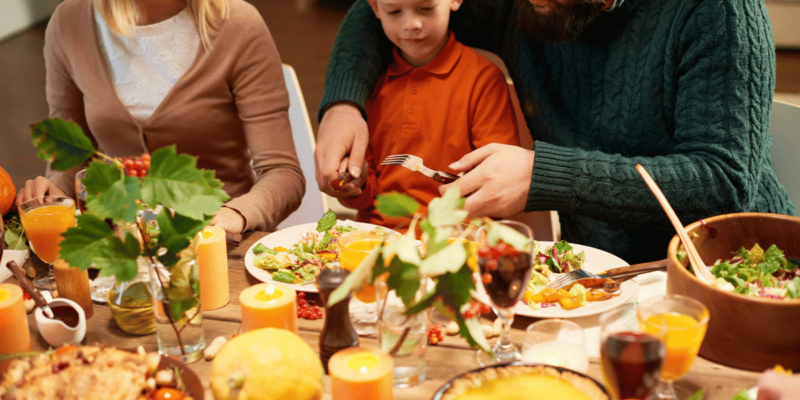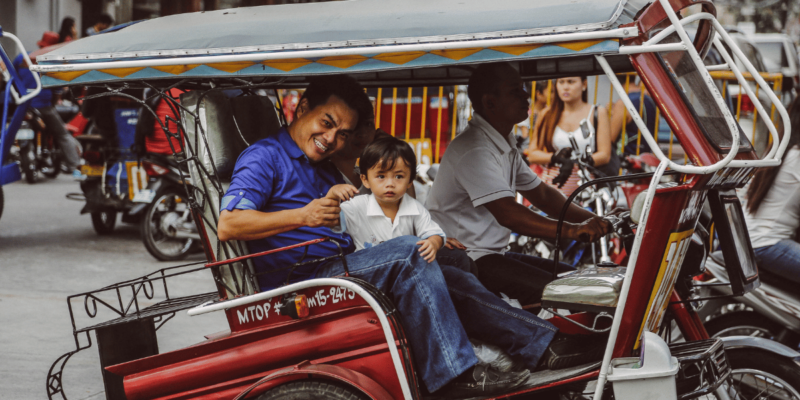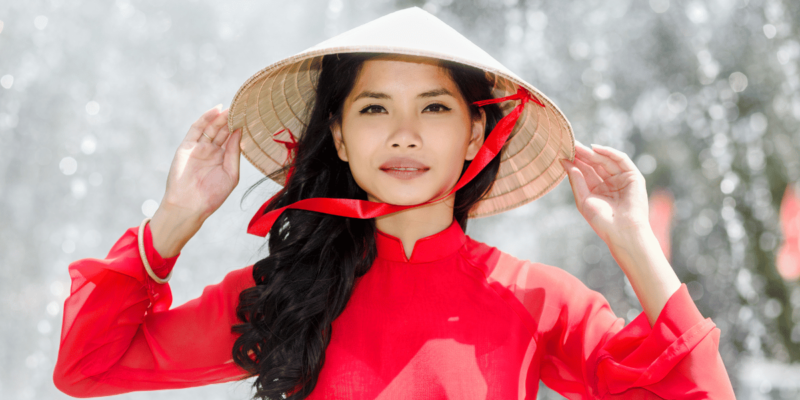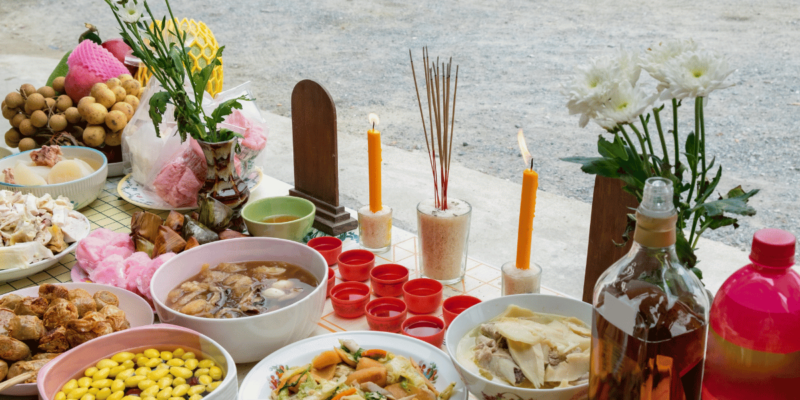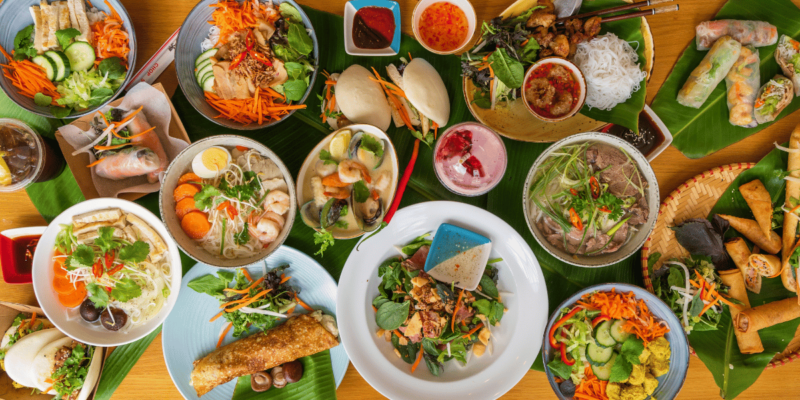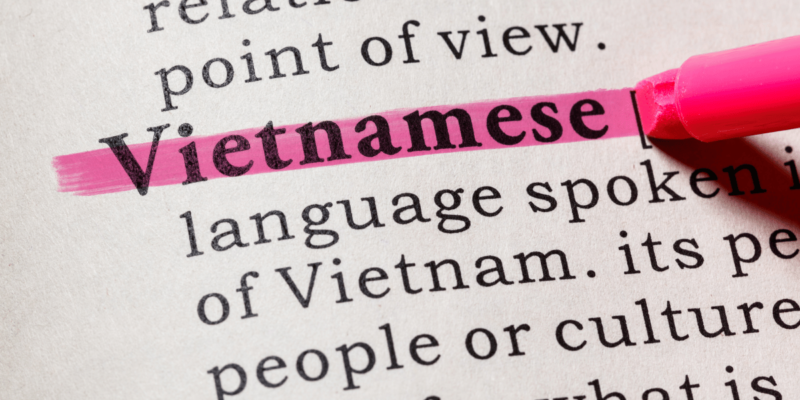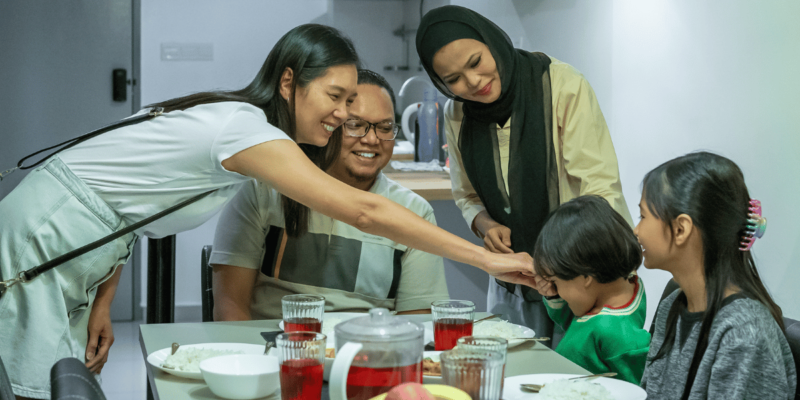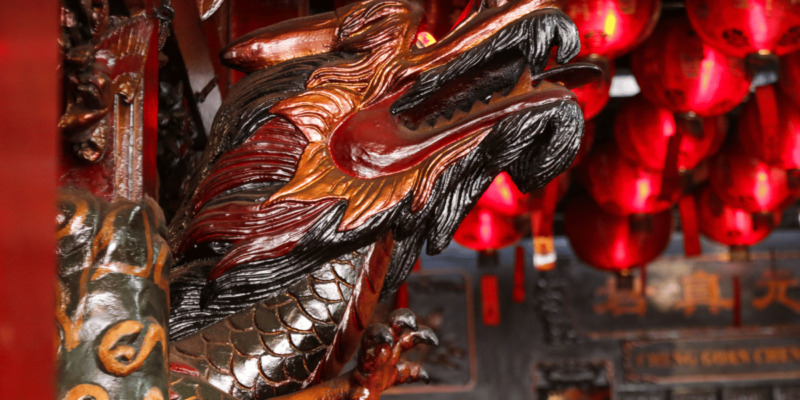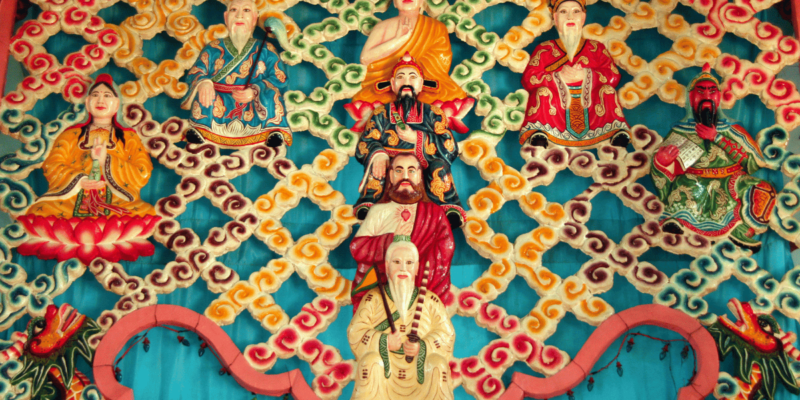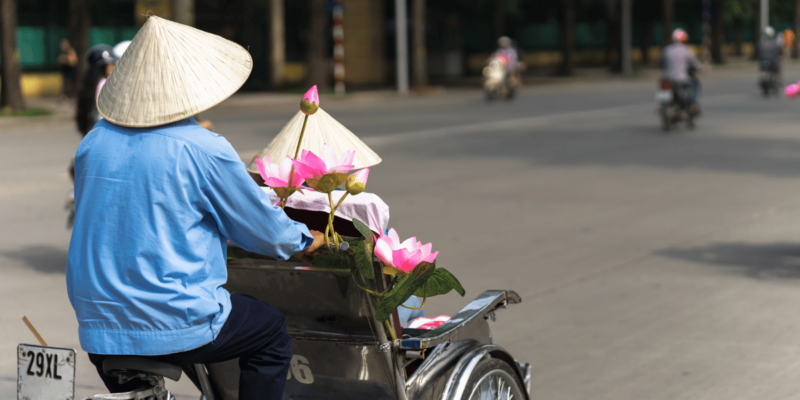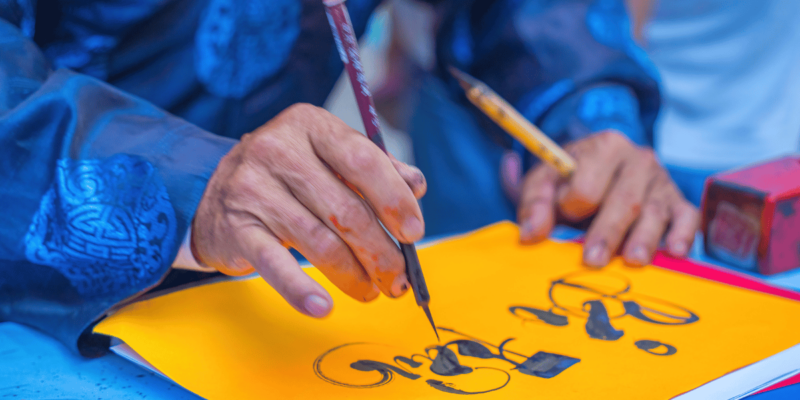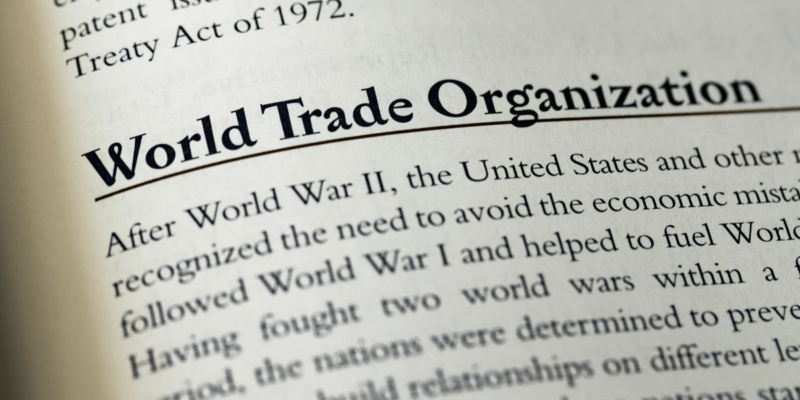Vietnamese Social Customs and Cultural Practices
The Foundation of Society: The Family In Vietnamese culture, the family forms the core of social structure and is often a multi-generational household. Unlike in individualistic societies, the family in Vietnam is patriarchal and functions as a cohesive unit where the elderly are cared for by their offspring. This respect for elders is deeply embedded in the family dynamics, with the eldest son bearing the responsibility of continuing ancestor worship—a practice reflecting the community’s spiritual beliefs.
Naming Conventions and Living Arrangements Vietnamese names typically follow the order: family name, middle name, and given name, highlighting the importance of one’s lineage. For instance, in the name Nguyen Van Trung, Nguyen is the family name, underscoring the individual’s heritage. This format reflects the communal nature of identity over individualism. Traditionally, children reside with their parents until marriage, further emphasizing the familial bond and collective living as foundational societal norms.
Marital Customs and Post-marriage Expectations Marriage in Vietnam is not just a union of two individuals but a merger of families, often requiring parental approval regardless of the couple’s age. While legal frameworks uphold gender equality, traditional roles persist within the household after marriage. The bride moves into her husband’s home, adopting roles under the guidance of her mother-in-law, a practice that reinforces the patriarchal structure. Marriages are celebrated in homes or communal spaces rather than religious settings, underscoring the cultural rather than religious significance of matrimony.
Respecting Elders and Social Etiquette Vietnamese culture places a high value on respect and deference to elders and authority figures, as evidenced by traditional greetings. A bow of the head rather than direct eye contact is customary when interacting with someone of higher status or older age, which contrasts with Western norms of steady eye contact. Physical expressions of affection are reserved, with same-sex individuals able to hold hands or share close physical space without sexual connotations, reflecting a different understanding of personal interaction.
Gender Roles and Social Behavior Despite legal equality, societal norms still lean towards male superiority in social and familial roles. Women’s behavior is particularly codified—shaking hands with men or smoking in public is frowned upon, reflecting longstanding cultural mores about female decorum. The traditional prohibition against touching the head, except by elders towards children, is rooted in beliefs about the spiritual essence of the body, which is sacred and not to be casually handled.
Mourning and Marriage Restrictions The reverence for family extends into practices surrounding death and mourning, with prescribed waiting periods before significant life events such as marriage, emphasizing respect for the deceased and the family unit’s continuity. These customs show the deep intertwining of family respect and societal norms that dictate personal and collective behaviors.
Legal and Social Equality While Vietnam legally enforces gender equality, social practices subtly perpetuate traditional roles, illustrating the complex interplay between law and cultural heritage. This duality within Vietnamese society reflects a broader dialogue between modernity and tradition, where progressive legal standards meet longstanding cultural practices.
Conclusion: A Living Tradition Vietnamese customs and traditions are a vibrant tapestry of intergenerational respect, community cohesion, and cultural reverence. They provide a window into the values that have shaped Vietnamese society, offering insights into the balance between rapid modernization and the preservation of a rich cultural heritage.






